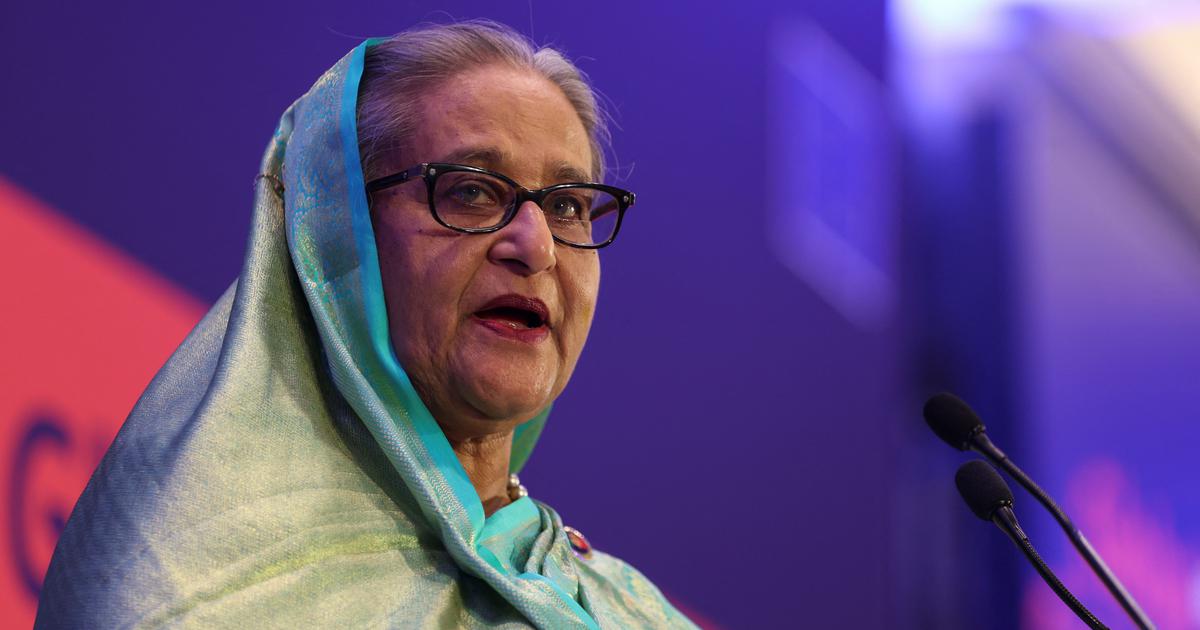A special tribunal has issued arrest warrants for Sheikh Hasina and 11 others over their alleged involvement in cases of enforced disappearances during the 15-year rule of the Awami League.
The International Crimes Tribunal made this decision on Monday, January 6, after a petition was filed by the prosecution.
The tribunal, led by Justice Golam Mortuza Mojumdar, has named several key figures in the case.
Along with Sheikh Hasina, the arrest warrants include retired Major General Tariq Ahmed Siddique, who once served as her defense advisor, former Inspector General of Police (IGP) Benazir Ahmed, and dismissed Major General Ziaul Ahsan.
During a press briefing, the prosecutor explained that under the Awami League government, enforced disappearances and crossfire incidents had created an atmosphere of fear throughout Bangladesh.
Hundreds of individuals were allegedly abducted by plainclothes or uniformed officers, with many never returning.
A few who did reappear were shown as arrested in specific cases, while others were released after the fall of what the prosecutor called an "authoritarian regime," referring to secret facilities as "Ainaghar" (meaning mirror rooms).
The prosecutor highlighted that using forced disappearances to silence, torture, or strip away freedoms is not only a crime under international law but also qualifies as a crime against humanity according to Bangladesh’s own International Crimes Tribunal Act.
As such, the prosecution today filed a case asking for the arrest of 11 individuals, including Sheikh Hasina, her former security advisor Tariq Ahmed Siddique, former IGP Benazir Ahmed, and other officials linked to the regime.
The court approved the petition and ordered their arrest.
The tribunal has also scheduled February 12 for the next hearing, during which investigators are expected to present their findings.
If they cannot complete the report in time, law enforcement has been instructed to provide an update on the arrest efforts for those accused.
This development comes as a significant moment, adding new layers to the scrutiny surrounding the Awami League`s long tenure and allegations of human rights violations during their time in power.














-20260226080139.webp)





-20260225072312.webp)








-20260219054530.webp)
-20260224075258.webp)





-20260221022827.webp)